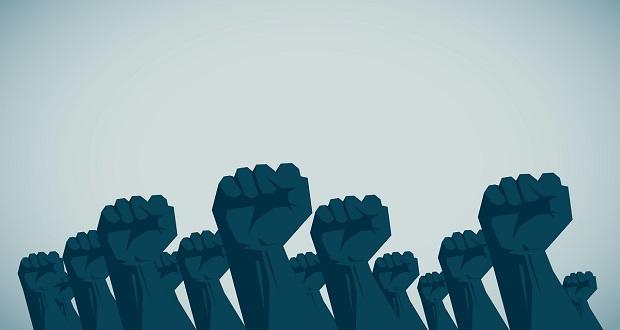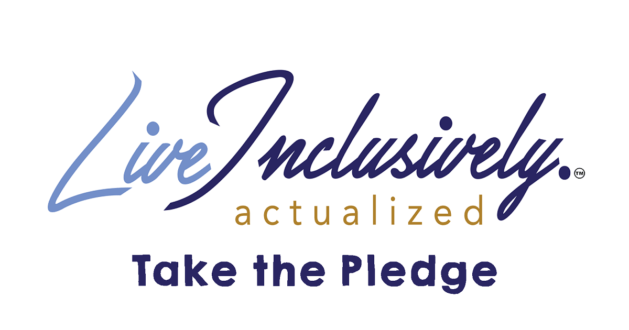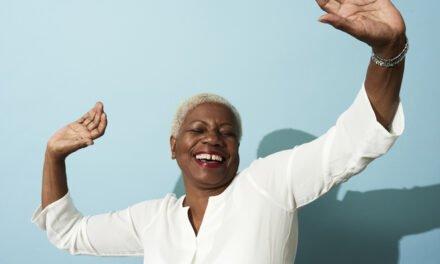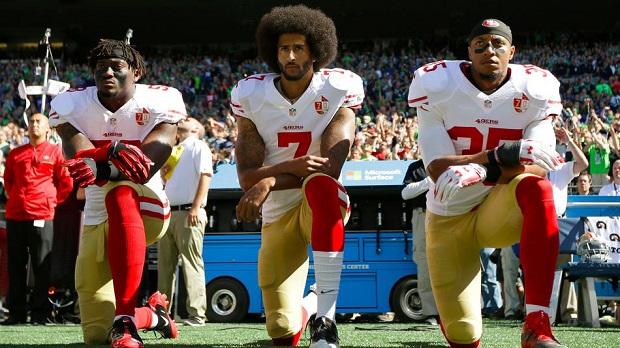I commit to speaking up and speaking out, even when I am not directly impacted, for there is no such thing as neutrality in the quest for equity, justice, and inclusion.”
As a Haitian-American, I was affected by recent statements made by the President of the United States. Of course, it makes sense that I would be hurt or angered. Despite being born and raised in the U.S., I took personally these statements that disparaged a place that is so much a part of my heritage. I also felt helpless. I wondered how I could channel the painful feelings in a way that would make a difference, educate others and help them better understand the danger in the rhetoric being spread nationally.
I feared that while some might express outrage in the moment, these statements, like so many others, would go without consequence in the short time that it would take for the next big headline. In times like these, it’s easy to get overwhelmed by the cleavage across race, class and gender in this polarized world we find ourselves in now and think that there is no way to impact the many injustices, inequity and divisiveness we see daily. It’s easy to get so overwhelmed that we begin to think that it just might be easier to throw our hands up and retreat to our safe spaces.
Dr. King said,
He who passively accepts evil is as much involved in it as he who helps to perpetrate it. He who accepts evil without protesting against it is really cooperating with it.”
This quote reminded me of the responsibility we have to use our social capital—personal assets, information, power and influence—in ways that can help create value and help us to live inclusively.
All around me, I began to take notice of how others, some with no ties to Haiti at all, responded to the president’s comments. I was heartened by the empathy shown by Anderson Cooper as he tearfully spoke of his experiences with the people of Haiti while covering the devastation of the Earthquake in 2010 that claimed over 300,000 lives. Various celebrities, and non-celebrities alike, many of whom I had no idea were also of Haitian-descent, used their platforms to create opportunities for others to learn more about Haiti and counter the negative narratives.
One such example comes from an unlikely ally, late night talk show host and comedian Conan O Brien, who took his show to Haiti. Conan, in this instance, serves as a good example of what it means to live inclusively. Here, he didn’t go to Haiti with the intent to “fix” it, or to prove or disprove others’ opinions as right or wrong. Instead, he went to see for himself, experience Haiti, educate himself and learn about the culture. He went to speak with the people, eat the food, dance to the songs, and along the way, find the humor and humanity.
He also created this opportunity for his viewers and in doing so, he developed the empathy needed to “speak up and speak out, even when not directly impacted.” This inspired me and forced me to shake the feelings of anger and helplessness, and instead use the strength of my ties to Haiti and explore the extent to which I could use my own social capital as a bridging opportunity to help others understand the counter-narrative about Haiti.
New York Times columnist, Charles Blow, said “One does not have to operate with great malice to do great harm. The absence of empathy and absence of understanding are sufficient.” In a recent keynote address he asked the audience “Are you willing, strong and brave enough to keep fighting for full racial equality?” I pose the same question here. It’s not enough to be stuck in fear or outrage. When we commit and remain willing, strong, and brave in the face of injustice of any kind, and move away from being neutral because it’s safe, that’s when we are living inclusively, actualized.
Take the pledge to #LiveInclusively, and find out more about The Winters Group’s corporate responsibility strategy, Live Inclusively Actualized:




















